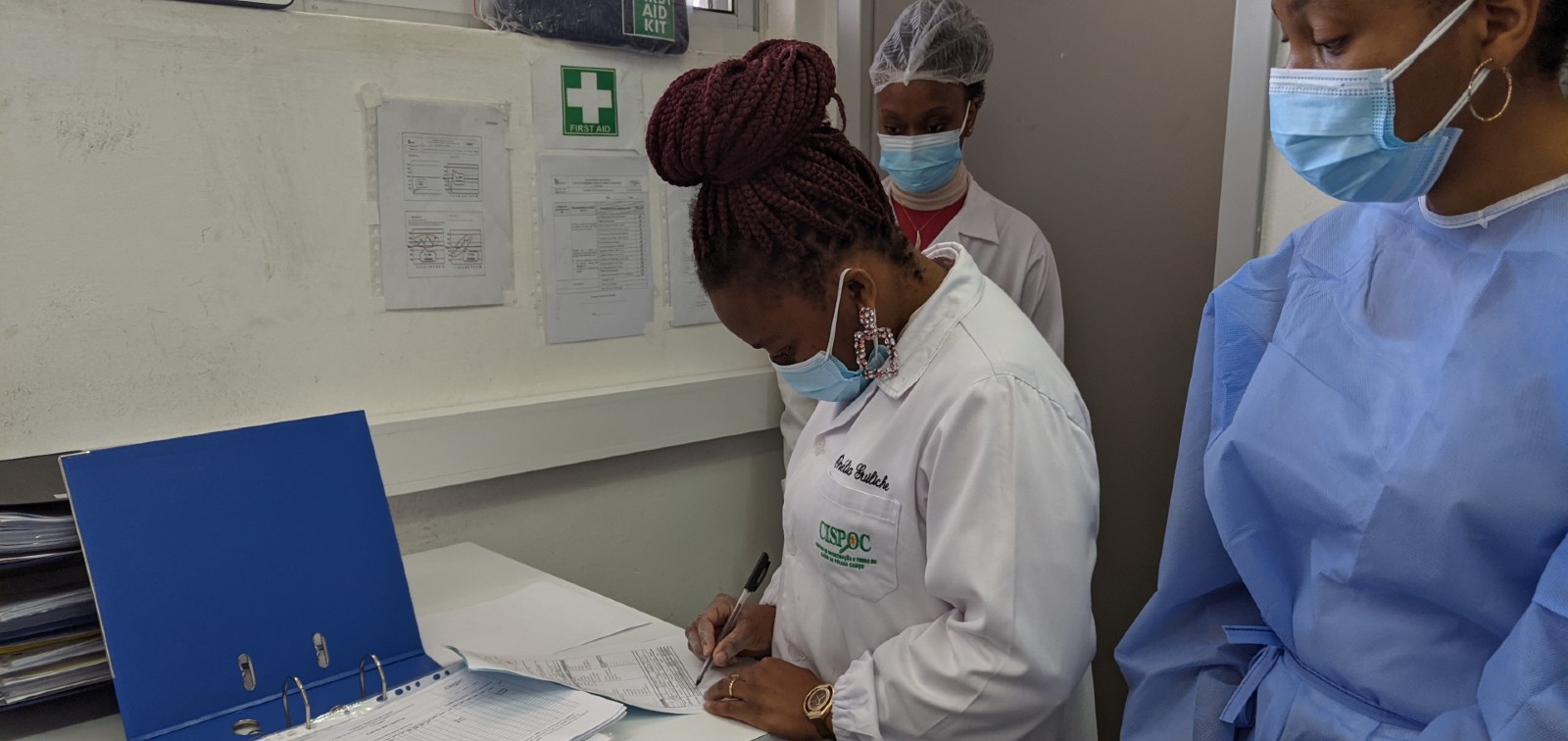ANTICOV Trial Finds Nitazoxanide/Ciclesonide Drug Combination Does Not Reduce Hospitalisation Risk in Patients With Mild COVID-19
The platform has stopped recruiting patients for this drug combination but will continue to do so for its other treatment arms, including the fluoxetine/budesonide combination announced this month
28.02.2022
The ANTICOV platform clinical trial, launched in September 2020 in 13 African countries with the aim of identifying treatments to prevent the progression of COVID 19 to severe disease in patients with mild and moderate symptoms, has announced that it will stop testing the drug combination of nitazoxanide and inhaled ciclesonide.
ANTICOV is testing several treatment combinations and its independent Data and Safety Monitoring Board (DSMB) periodically conducts interim efficacy analyses to determine whether or not the combinations are worth pursuing. The third efficacy analysis, conducted on a total of 946 patients enrolled in all treatment arms, found that the combination of nitazoxanide and inhaled ciclesonide was ineffective in preventing disease progression.
This interim analysis showed that 1.13% of patients (5 of 443) in the control arm (paracetamol) saw their symptoms deteriorate (their blood oxygen saturation level fell below the 93% threshold) compared to 3.25% of patients (15 of 462) treated with the nitazoxanide/ciclesonide combination. The DSMB therefore concluded that there is no convincing evidence of the efficacy of this combination in COVID-19 patients with mild to moderate symptoms. The results show that the nitazoxanide/ciclesonide combination treatment has very little chance of preventing progression to severe symptoms of COVID-19 compared to the control arm. However, the DSMB also concluded that no safety issues were detected in these patients. In light of these findings, the ANTICOV Joint Steering Committee endorsed the DSMB’s recommendation to stop recruitment in this treatment arm.
The ANTICOV trial is an open-label, randomised, comparative, adaptive platform that aims to identify COVID-19 treatments that are optimised for use in resource-limited settings and can prevent progression to severe disease and potentially limit transmission. ANTICOV’s flexible and innovative trial design allows for treatments to be added or removed as evidence emerges.
ANTICOV will continue to recruit patients into its other treatments arms, including the recently announced drug combination of fluoxetine and budesonide.
ANTICOV in Mozambique, Coordinated by ISGlobal
In Mozambique, where ISGlobal works in coordination with two of the centres where the trial is being conducted—the Manhiça Health Research Centre (CISM) and the Polana Caniço Health Research and Training Centre (CISPOC),which is affiliated with Mozambique’s National Institute of Health—more than a hundred people have already been recruited. “Since the most recent wave of COVID-19 is behind us and only a couple dozen cases have been recorded in Mozambique, it has been difficult to recruit more participants in the last few weeks,” explained Laura de la Fuente, the coordinator of ANTICOV at ISGlobal. “The few positive cases we have received are in people who are already vaccinated, so they do not meet the criteria to participate in the study.”
The combination of fluoxetine and budesonide was recently approved for use in the clinical trial and import procedures for these drugs will begin shortly.
Major funding for the ANTICOV consortium is provided by the global health agency Unitaid as part of ACT-A and from the German Federal Ministry of Education and Research (BMBF) through KfW. Additional support comes from the European and Developing Countries Clinical Trials Partnership (EDCTP)—under its second programme supported by the European Union with additional funding from the Swedish government—as well as the Starr International Foundation and the Stavros Niarchos Foundation (SNF).



